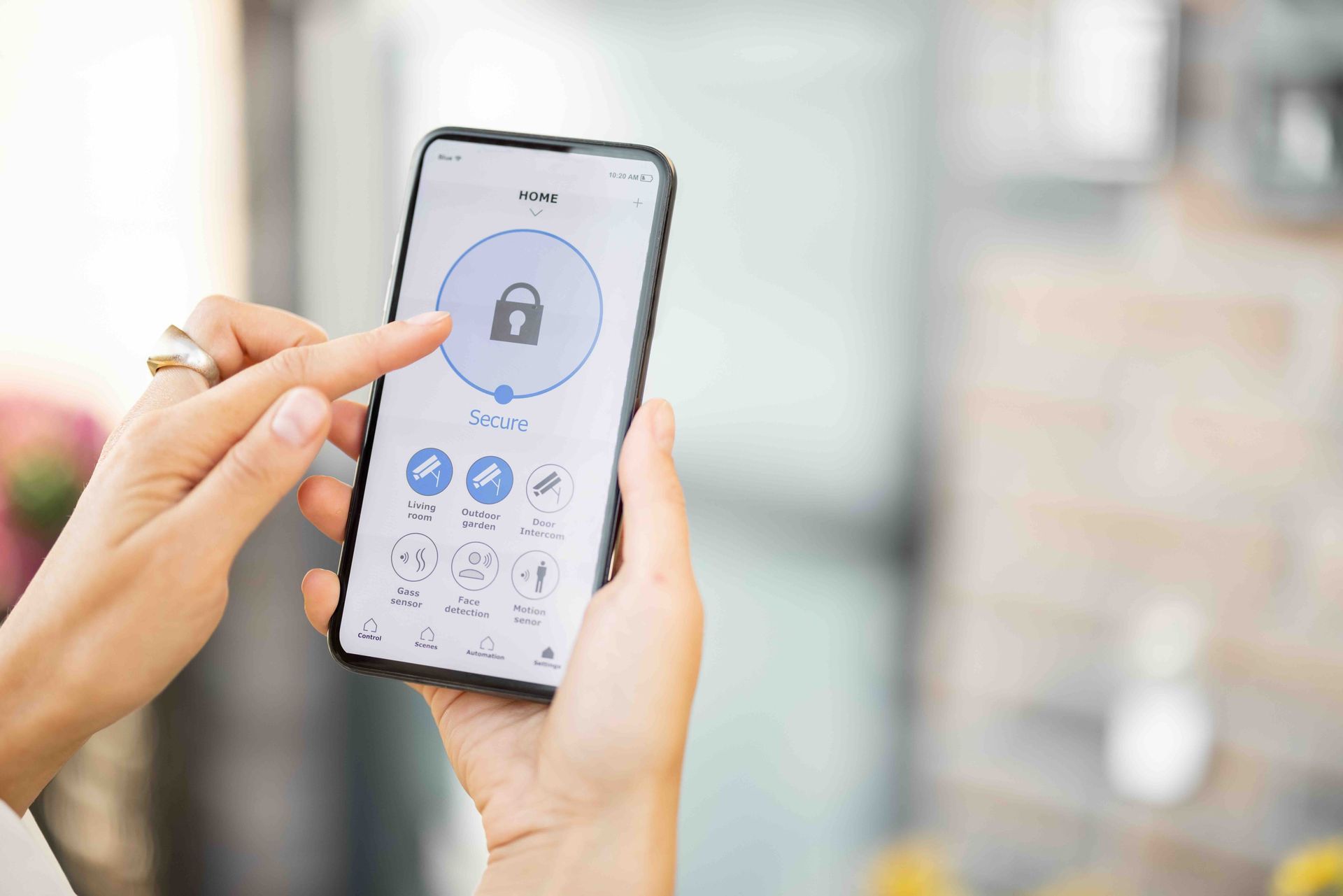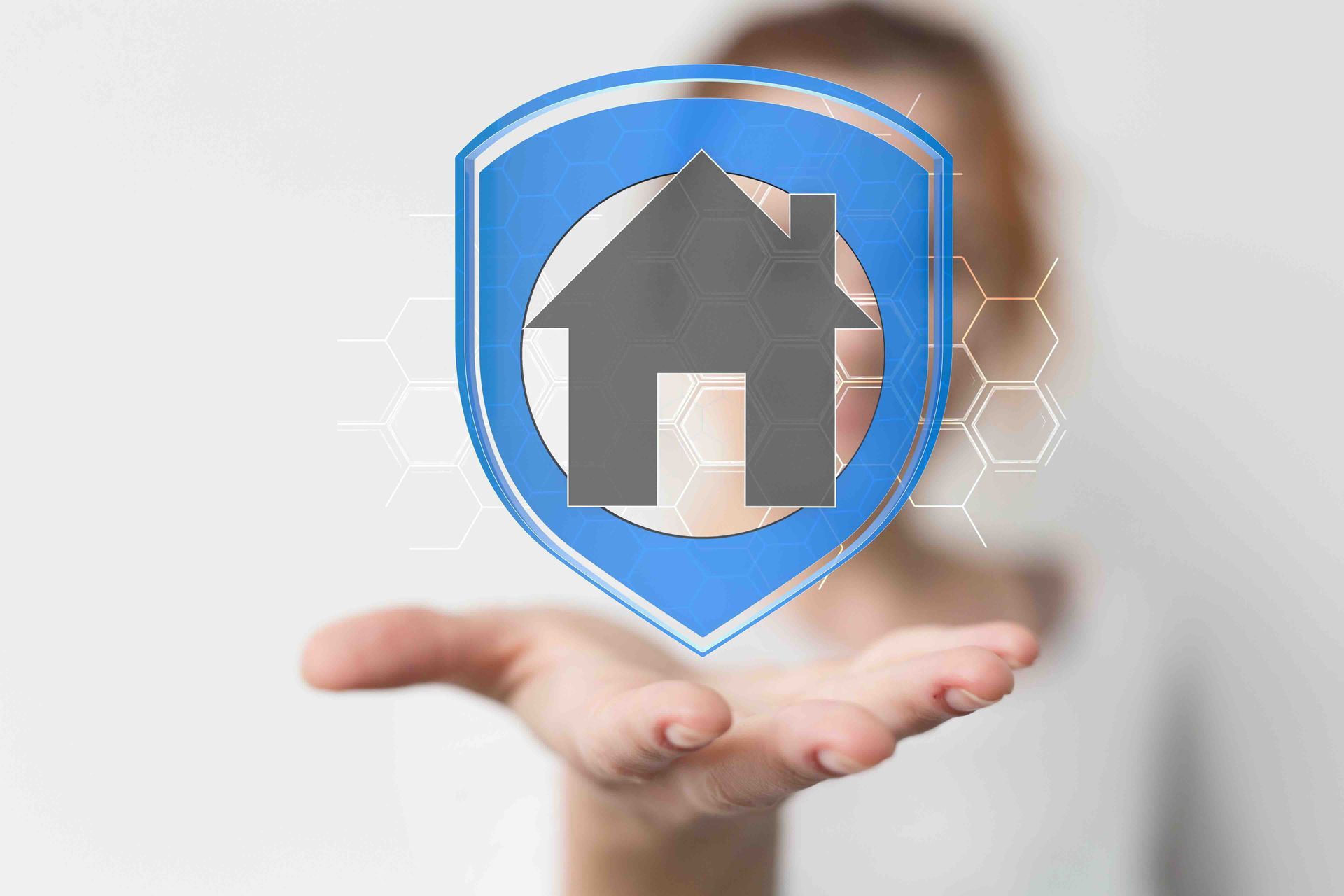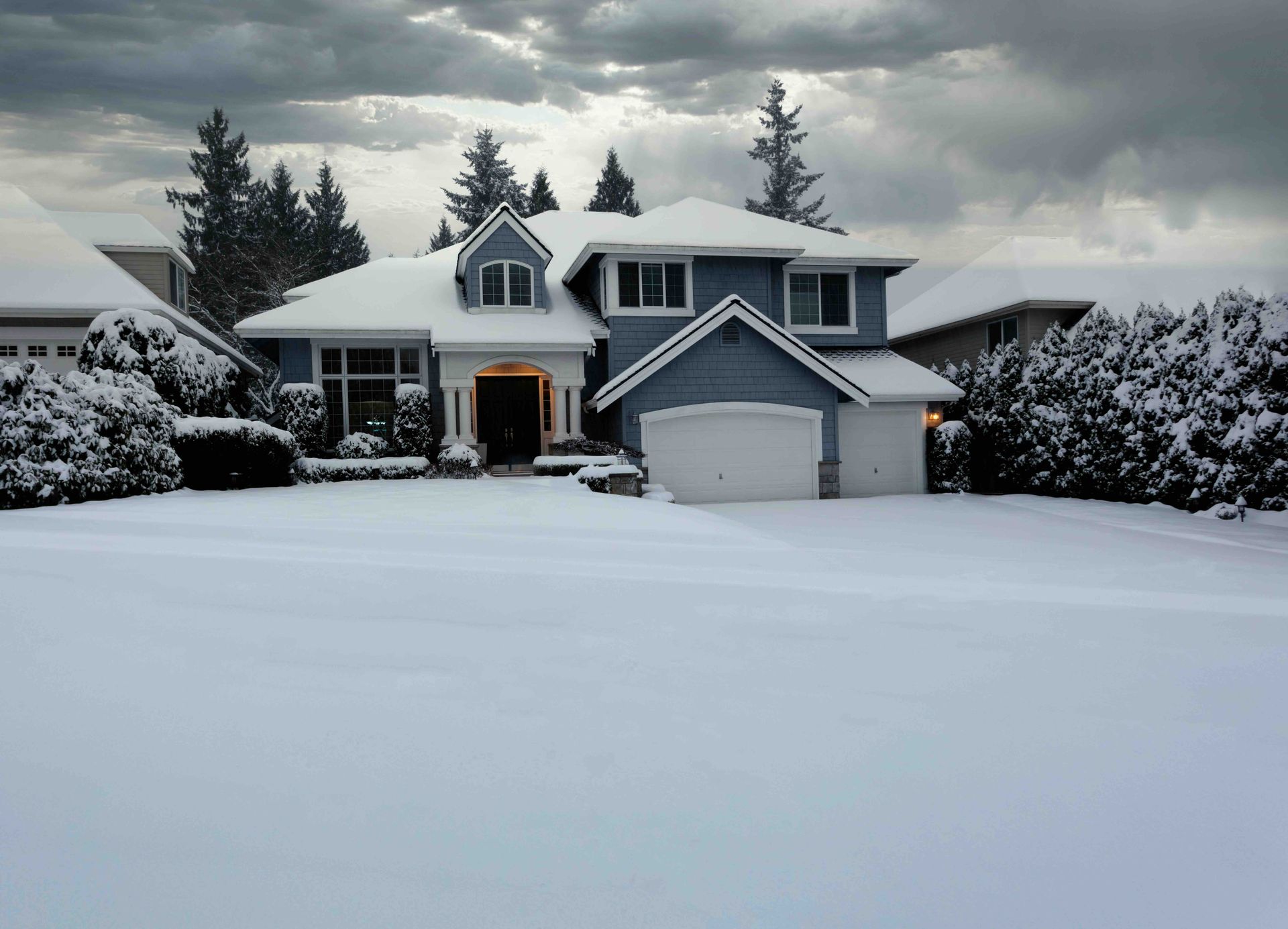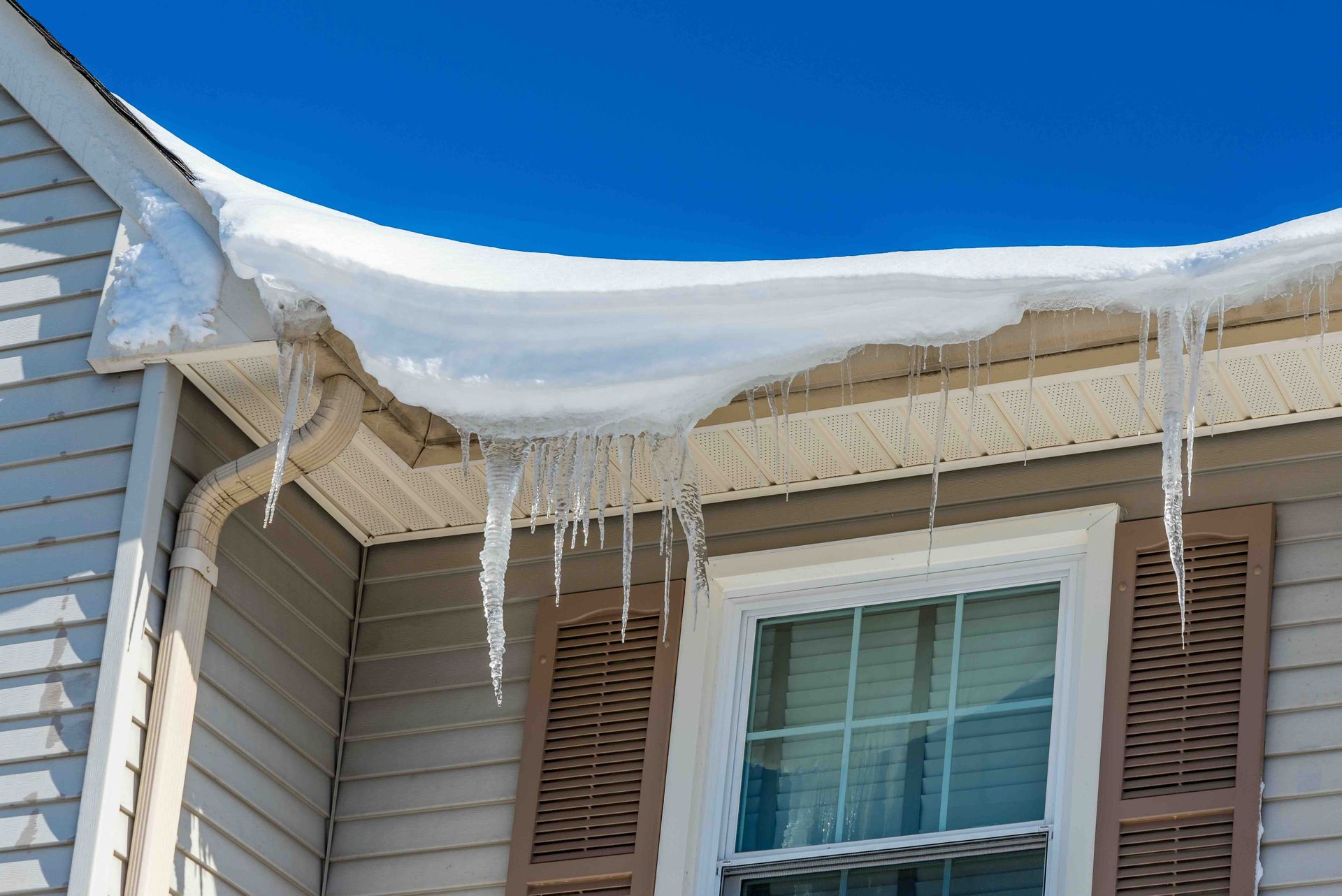The Essential Home Security Checklist for New Homeowners
Moving into a new home is an exciting milestone, but it also comes with the responsibility of ensuring that your property and loved ones are safe and secure. You may be overwhelmed with various tasks as a new homeowner, but establishing a solid home security plan should be a top priority. Here is an essential home security checklist to safeguard your new home.
1. Assess the Neighborhood
Before moving into your new home, assessing the neighborhood's safety is crucial. Take some time to explore the area, speak with neighbors, and research local crime statistics. This will give you a better understanding of potential risks and help you identify specific security measures that may be necessary. Joining neighborhood watch groups or community forums can also provide valuable insights into the security dynamics of the area.
2. Change the Locks
One of the first steps in securing your new home is changing all the locks. You never know who a spare key to your new place might have, so it's best to replace all exterior locks, including those on doors, windows, and the garage. Opt for high-quality deadbolts and consider upgrading to smart locks that allow you to control access remotely.
3. Install a Security System
A comprehensive security system is a must-have for any new homeowner. Various options are available, from basic alarm systems to advanced setups with cameras, motion detectors, and remote monitoring. Choose a system that fits your needs and budget, and ensure it covers all entry points, including doors, windows, and the garage. Some systems also offer smart home integration, allowing you to control security features through your smartphone.
4. Secure Doors and Windows
Doors and windows are common entry points for burglars, so securing them should be a priority. Ensure that all exterior doors are solid and equipped with deadbolt locks. If your doors have glass panels, consider installing security film to make them more resistant to break-ins. For windows, use window locks or security bars, especially on ground-level windows. Installing sensors that alert you when a door or window is opened can add an extra layer of protection.
5. Outdoor Lighting
Adequate outdoor lighting is essential for deterring potential intruders. Install motion-sensor lights around the perimeter of your home, focusing on entry points, pathways, and dark corners. Motion-activated lights surprise would-be burglars and give you better visibility when you arrive home after dark. Solar-powered lights are an energy-efficient option placed in various locations without wiring.
6. Install Security Cameras
Security cameras are both a deterrent and a valuable tool for monitoring your property—position cameras at critical entry points, driveways, and backyards. Modern security cameras offer high-definition video, night vision, and remote access, allowing you to monitor your home from anywhere via your smartphone. Some cameras also have two-way audio, enabling you to communicate with visitors or potential intruders.
7. Reinforce the Garage
Garages are often overlooked regarding home security, but they can be a vulnerable entry point. Ensure your garage door has a sturdy lock, and consider adding a security system or camera to monitor the area. If you have an attached garage, ensure the door leading into your home is as secure as your exterior doors, with a deadbolt lock and solid construction. Keep garage doors closed when not in use, and consider turning off the automatic garage door opener when you're away for an extended period.
8. Secure the Perimeter
Securing the perimeter of your property is just as important as securing the house itself. Install a sturdy fence around your yard to deter trespassers and clearly define your property boundaries. A tall, solid wall with a locking gate can provide additional privacy and security. Consider adding thorny bushes or hedges near windows and fences to make it more difficult for intruders to approach your home.

9. Use Smart Home Devices
Smart home devices can enhance your home security by allowing you to remotely monitor and control various aspects of your home. Smart locks, video doorbells, and intelligent lighting systems are just a few examples of how technology can boost your home's security. Many smart home devices can be integrated into a central system, providing real-time alerts and control from your smartphone.
10. Establish a Routine
Consistency is vital when it comes to home security. Establishing a routine can help you stay on top of security measures and reduce the likelihood of lapses. Make it a habit to lock doors and windows, set the alarm system, and check security cameras before leaving the house or going to bed. Regularly inspect your security system and devices to ensure they function correctly, and replace batteries or update software as needed.
11. Maintain Landscaping
Well-maintained landscaping not only enhances your home's curb appeal but also plays a role in security. Overgrown bushes, trees, and shrubs can provide cover for intruders, so keep them trimmed and well-maintained. Avoid planting large shrubs near windows or entry points, and consider using gravel or thorny plants near vulnerable areas to deter would-be burglars. Landscape lighting can also enhance security by illuminating dark areas and making it difficult for intruders to hide.
12. Secure Valuables
Even with the best security measures in place, taking additional precautions to protect your valuables is essential. Invest in a home safe to store important documents, jewelry, and other valuable items. Choose a fireproof, waterproof safe bolted to the floor to prevent theft. Keep high-value items out of sight and avoid advertising expensive purchases by leaving boxes or packaging outside.
13. Get to Know Your Neighbors
Building a solid relationship with your neighbors can significantly enhance your home's security. Neighbors who know and trust each other are likelier to look out for one another's properties and report suspicious activity. Take the time to introduce yourself to your neighbors and exchange contact information. Consider joining or starting a neighborhood watch program to create a sense of community and collective security.
14. Prepare for Emergencies
In addition to preventing break-ins, it's essential to be prepared for other emergencies, such as fires, natural disasters, or medical emergencies. Install smoke detectors, carbon monoxide detectors, and fire extinguishers in key areas of your home. Create an emergency plan that includes escape routes and designated meeting points for your family. Ensure all family members are familiar with the plan and conduct regular drills to reinforce it.
15. Review Home Insurance
Home insurance is a critical component of your overall home security plan. Review your policy to ensure it provides adequate coverage for your home and belongings in case of theft, damage, or disaster. Depending on your location, Consider adding coverage for high-value items or specific risks, such as flood or earthquake insurance. Some insurance companies offer discounts for homes with security systems, so inquire about potential savings.
16. Use Timers for Lights and Electronics
When you're away from home, especially for an extended period, it's essential to give the impression that your home is occupied. Use simple outlet timers or smart outlets for lights, TVs, and other electronics to create the illusion of activity inside the house. Set timers to simultaneously turn on lights in different rooms, simulating your routine. This simple step can deter potential intruders looking for an easy target.
17. Secure Your Wi-Fi Network
Securing your home's Wi-Fi network is just as important as securing the physical aspects of your home. An unsecured network can be an entry point for cybercriminals, putting your personal information and smart home devices at risk. Change your router's default username and password, enable encryption, and use a robust and unique password for your Wi-Fi network. Consider setting up a separate guest network for visitors to prevent unauthorized access to your leading network.
18. Consider Professional Monitoring
While DIY security systems offer convenience and control, professional monitoring services provide additional protection. With professional monitoring, trained security personnel will respond to alarms and contact emergency services on your behalf if necessary. This can be particularly valuable when you're away from home or unable to respond to an alert. Some security companies offer flexible monitoring plans, allowing you to choose the level of service that best fits your needs.
19. Plan for Vacation Security
If you're planning to be away from home for an extended period, taking extra precautions to secure your property is essential. In addition to using timers for lights and electronics, ask a trusted neighbor or friend to collect your mail and check on the house periodically. Avoid posting about your vacation plans on social media until you've returned, as this can alert potential intruders that your home is unoccupied. Consider using a professional house-sitting service if you'll be away for an extended period.
20. Regularly Update Security Measures
Home security is not a one-time task but an ongoing process. As technology advances and your needs change, updating your security measures regularly is essential. Stay informed about the latest security trends, and consider upgrading your system or adding new devices as needed. Conduct periodic security audits to identify any vulnerabilities and address them promptly. Regularly updating your security measures will ensure your home remains safe and secure.

Key Takeaways
Securing your new home is essential to protecting your property and loved ones. By following this comprehensive home security checklist, you can create a safe and secure environment for your family. Remember that home security is an ongoing process; staying vigilant and proactive will help you avoid potential threats. Prioritize safety, and enjoy the peace of mind of knowing your home is well protected.
Share on





